Enquiries
A key cornerstone of history is historical enquiry. Quality history provision has historical enquiry at its heart. Through historical enquiry children can be shown how to ask questions, select and evaluate evidence and to make judgments about the past. It can also be a vital way of showing them that there is often more than one side to a story and that history is multi-perspective. Historical enquiry is all about asking questions or hypothesising about the past that we hope the evidence will help us to answer, but getting the enquiry question right is not always easy. In this section you will find resources and guidance that will help you to plan challenging enquiries for your children that will help them to develop as historians.
-

Making the most of the post-1066 unit
ArticleClick to view -
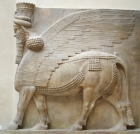
Mesopotamia: Making a picture of Mesopotamia in our heads
ArticleClick to view -

Our Iron Age challenge
ArticleClick to view -

Place-names and the National Curriculum for History
ArticleClick to view -

Political literacy: citizenship through the English national curriculum's the Romans in Britain study unit
ArticleClick to view -

Poverty in Britain: A development study for Key Stage 2
ArticleClick to view -

Pride in place: What does historical geographical and social understanding look like?
ArticleClick to view -
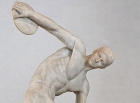
Primary History and planning for teaching the Olympics - four curricular models
ArticleClick to view -

Promoting talk during history lessons
ArticleClick to view -
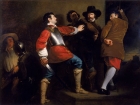
Resourcing primary history: How to avoid going for any old thing
ArticleClick to view -

Scheme of Work: Comparing Ancient Civilisations
ArticleClick to view -

Scheme of Work: The Georgians
ArticleClick to view -

Scheme of Work: Thematic study - Education
ArticleClick to view -
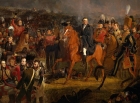
Scheme of Work: Waterloo and the Age of Revolutions
ArticleClick to view -

Scheme of Work: The Blitz: all we need to know about World War II?
ArticleClick to view -

Scheme of work: The history of the ancient Olympic Games
ArticleClick to view -
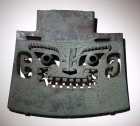
Searching for the Shang in Shropshire
ArticleClick to view -
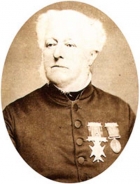
Shropshire's Secret Olympic History
ArticleClick to view -

So was everyone an ancient Egyptian?
ArticleClick to view -
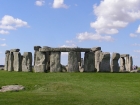
Stone Age to Iron Age - overview and depth
ArticleClick to view

